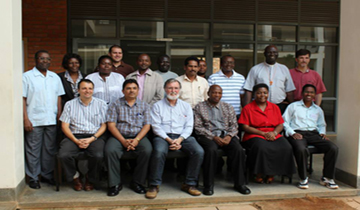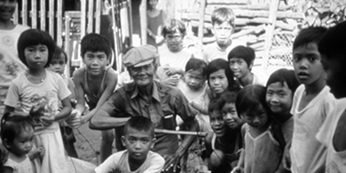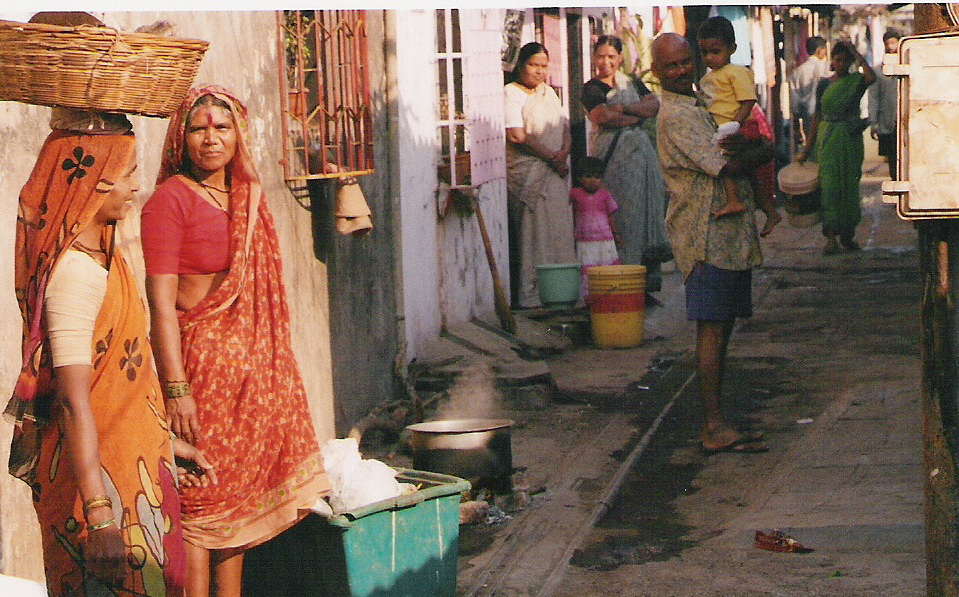Artifact #6: Global MATUL Commission - Integration of a New Academic Domain
The Commission
.jpg)
The MATUL Commission began in 2002 in Brazil when we gathered 25 of our leaders from missions around the world and discussed compatibility of our training models. We determined to set up Masters, Bachelors and grassrooots training processes.
The history, values, content of discussions, ex[aniosn of schools, underlying principles may be found at www.urbanleaders.org/ma
What is the role of the Commission in developing faith integration?
The Commission was established to assist in catalyzing the MATUL in partner schools. it is a professional association of MATUL Directors, Deans and some of the activist-reflector faculty.
Within the discussions is a commitment that most courses are 1/3 theology, 1/3 praxis and 1/3 social or economic analysis.
For theologians this has invoved in grappling with expertise from the practitioners. For the practitioners it has resulted in sharpening their theological understandings.
What are the sources of the faith integration approach?
Most courses in the degree relate faith to a discipline, Diversity: Since each discipline is different the approaches vary. The theological stance of the partner schools also vary. And within them each faculty have a diversity of approaches.
There are two overarching approaches: the Transformational Conversations approach (Grigg; 2016) and the Pastoral Cycle approach (Heriot) common in Anglican circles. The urban theological approach of Van Engen is supplemental, and Contextual theological approaches from various authors are discussed at each MATUL Commission meeting.
Methodology
The training methodology for the deans, directors and partner school faculty has utilized a process of building a learning community. Such processes are always messy and imperfect. Various attempts have been made to connect professors across partner schools in the same subject areas, e,g social entrepreneurship experts form Nairobi, and Chennai and Nagpur and the US, in the formulation of their courses.
Course syllabi are swapped and developed as open source. I have developed model syllabi and course content on resource sites at www.urbanleaders.org for many of the courses which demonstrates the faith integration aspect, and includes links to resource material.
All syllabi are expected to include one theological paper. Where a professor is strong in their discipline but not in theology, team teaching has been encouraged and this has worked excellently.
What has been the impact?
On the one hand there is an euphoria about this degree from all of us involved. A shared sense of liberation form the strictures of traditional theological education into theological process that works and that has impact.
There is constant pressure form the traditional theollgical faculty who cannot accept that their approach is only one contextual approach. that requires a certian sensitivity and accommodation , usually with 2-3 courses.
The communal learning approach has worked. The first year of delivery of a course, the faculty are often not very comprehensive in their integration. But by the third year, the faculty tend to be quite skilled in their integration.
Establishing the theological componenet in the final thesis has proven problematic despite repeated attempts. The action-reflection model is very compatiible with other theological method, but there is little in the literature that confirms for the student how to integrate their theological reflections.
Jesus Seminary in the Slums
The vision to get the seminary into the slums has been initiated, following Jesus action-reflection and apprenticehsip model. It is resulting in the students establishing networks of educators, initiing slu schools, raising $1.2 million for toilets for girls in slums, developing agendas for land rights, multiplying Bible Studies on Kingdom economics, multiplying cell groups, developing trainng for NGO leaders, exploring patterns of how to establish care for psychologically diasadvanateged children, helping churches engage with AIDs victims, and much more (See www.matul.org/HTML/finalprojects.html for more). All of these with a Kingdom of God perspective that embraces all arenas of life. See www.urbanleaders.org/ma
Global Practioner-Reflectors Designing an Integrated Domain of Knowledge!


 Establishing a global cadre of educational practitioner-scholars - the MATUL Commission
Establishing a global cadre of educational practitioner-scholars - the MATUL Commission Leadership development among the 1.4 billion urban poor
Leadership development among the 1.4 billion urban poor Integrating and publishing new fields: Urban poor church- planting; Theology of land rights; Economic discipleship...
Integrating and publishing new fields: Urban poor church- planting; Theology of land rights; Economic discipleship... Pioneering paradigms of city leadership
Pioneering paradigms of city leadership